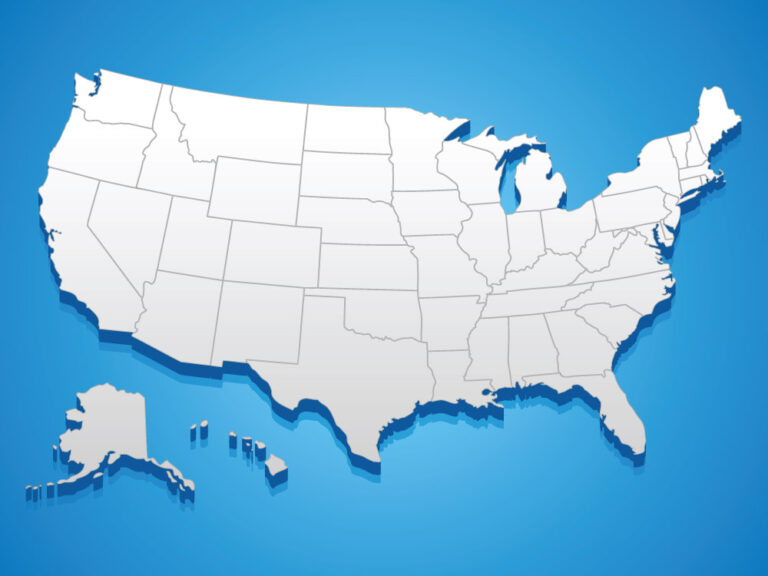All this talk about nexus can be confusing for an online vendor. What exactly does it mean and who determines it? “Nexus” is a term used to designate that a company legally has a presence in that state – that is, they are determined to be doing business in the state. When nexus is created for a company, they are subject to that state’s sales tax requirements.
While there are constitutional guidelines on how states can define it, states ultimately determine when nexus is established by a company. The standards vary greatly. Some of the ways nexus can be created outside of having a physical presence can include:
- People located in the state, such as remote employees or affiliate partners.
- Visiting staff conducting business, in training or attending professional conferences.
- Deliveries or shipping to the area.
- A temporary presence, such as trade show booths or business conferences.
- Internet nexus.
Today, an ongoing battle is ensuing over that last one. One of the consequences of this is that many states have gone back to take a new look at the nexus standards that exist on their books, reviewing the definition in order to create more sales revenue. It’s called the “Amazon tax” because Amazon has a warehouse in Pennsylvania, a state that collects sales tax. In that state, tax code designates that a nexus is created when orders are shipped directly from any in-state.
In some states, the laws are fairly straightforward, but Florida is an interesting case, since targeted marketing or advertising in a state by an out-of-state retailer can create nexus status. This state will soon by affected by the Amazon tax. WLRN reported in October that Amazon.com will “build a pair of massive fulfillment centers along the Interstate 4 corridor.” By current Florida standards, this means a nexus will be created.
Similarly in Texas, the Department of Revenue (DOR) determines nexus exists for a remote vendor if that company has a distribution center, warehouse, or storage building if 3 or more orders are received there per year. Then both state and local taxes apply.
According to AL.com, Alabama is one of the states with a more recent change in sales tax code. It actually affects in-state sales, creating a local tax nexus responsibility for sellers. That is, even if you are an Alabama business shipping within the state, you are now responsible for local taxes within different areas. (Previously the responsibility was with the consumer.)
Other states define nexus based on volume of sales. According to California’s code states that any out-of-state business with over $1,000,000 worth of sales or 25% of its total sales from California residents would be considered to be doing business in the state in a year, and affiliates sales would need to be over $10,000 annual total.
All the new taxes and code revisions within states can be confusing, so make sure you have a trusted professional to help support you with your tax responsibilities for any state you do business in. Also, educate yourself by reading our free Guide to Sales Tax.






